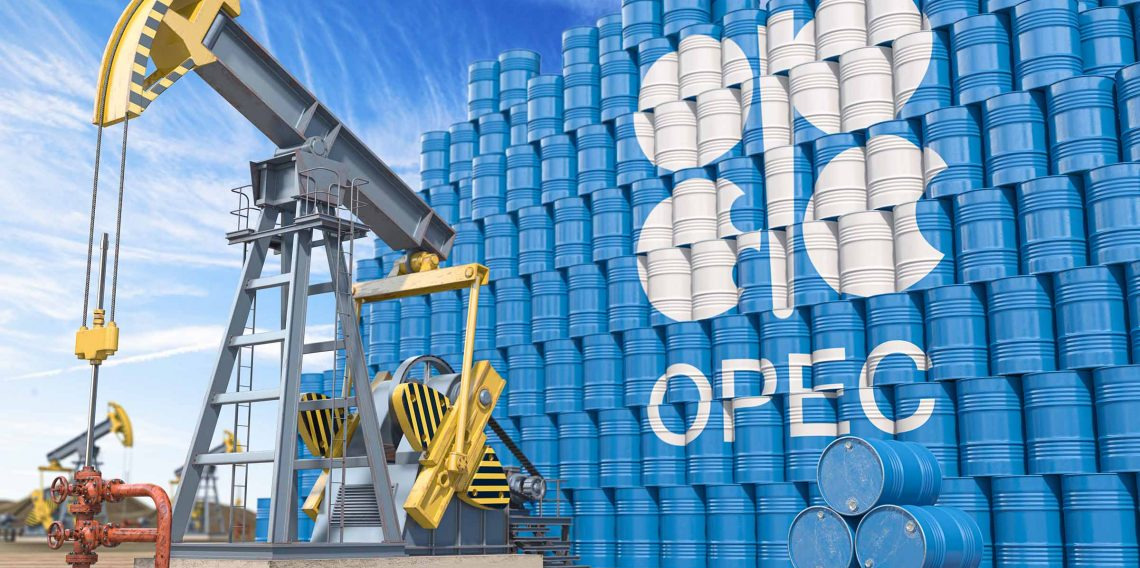
The Organization of the Petroleum Exporting Countries sees oil demand returning to pre-pandemic levels in 2022 and continuing to grow by 1.7 million barrels per day in 2023 [File: Ali Mohammadi/Bloomberg]
Vienna, September 29 (RHC)-- Halting new investments in fossil fuels is “wrongheaded” despite global commitments to transition to greener energy, the head of the Organization of the Petroleum Exporting Countries (OPEC) said on Tuesday, as he warned that oil demand will continue to accelerate in the coming years as economies bounce back from the COVID-19 pandemic.
OPEC sees oil demand returning to pre-pandemic levels next year and continuing to surge by 1.7 million barrels per day (bpd) in 2023.
Presenting the cartel’s annual World Oil Outlook at OPEC headquarters in Vienna, Secretary General Mohammad Barkindo warned that funds are critical to keeping up with surging demand. “If the necessary investments are not met, it could have not only implications as viewed in current gas developments in Europe and elsewhere around the world, [but] leave long-term scars, not only for producers but consumers as well,” Barkindo said.
This year’s oil outflow shows that investments of $11.8 trillion will be required between now and 2045 in the upstream, midstream and downstream sectors, he said. Oil will retain its number one position in the global energy mix, providing 28 percent of global energy needs by 2045.
After the huge 9.3 million bpd drop in global oil demand last year when the coronavirus pandemic crushed global business activity, oil markets are regaining their mojo as economies recover.
Brent crude, the global benchmark, surged past $80 a barrel on Tuesday – its highest level in three years. But those sharp increases in energy prices are rippling through the global economy, leading to higher costs for producers that are often then passed on to consumers.
And Barkindo cautioned there are plenty of strains and conflicts related to energy, affordability, energy security, and reducing emissions that demand attention from policymakers.
“Focusing only on one of these issues while ignoring the others can lead to unintended consequences, such as market distortions and price volatility that we witness today. This has been evident in recent weeks, and more so in recent days,” he said.
OPEC sees oil demand in 2026 exceeding 2020 levels by 14 million bpd – with less developed economies driving the lion’s share of that gain.
But the long-term oil outlook calls for a sharp slowdown, with total demand reaching 104.4 million bpd by 2026, and climbing to only 108 million bpd by 2045. Gas will see the largest growth, driven in part by higher urbanisation rates, industrial demand, and its competitiveness over coal as a cleaner alternative for power generation.
Coal is the only energy source for which OPEC is forecasting a decline in demand.

